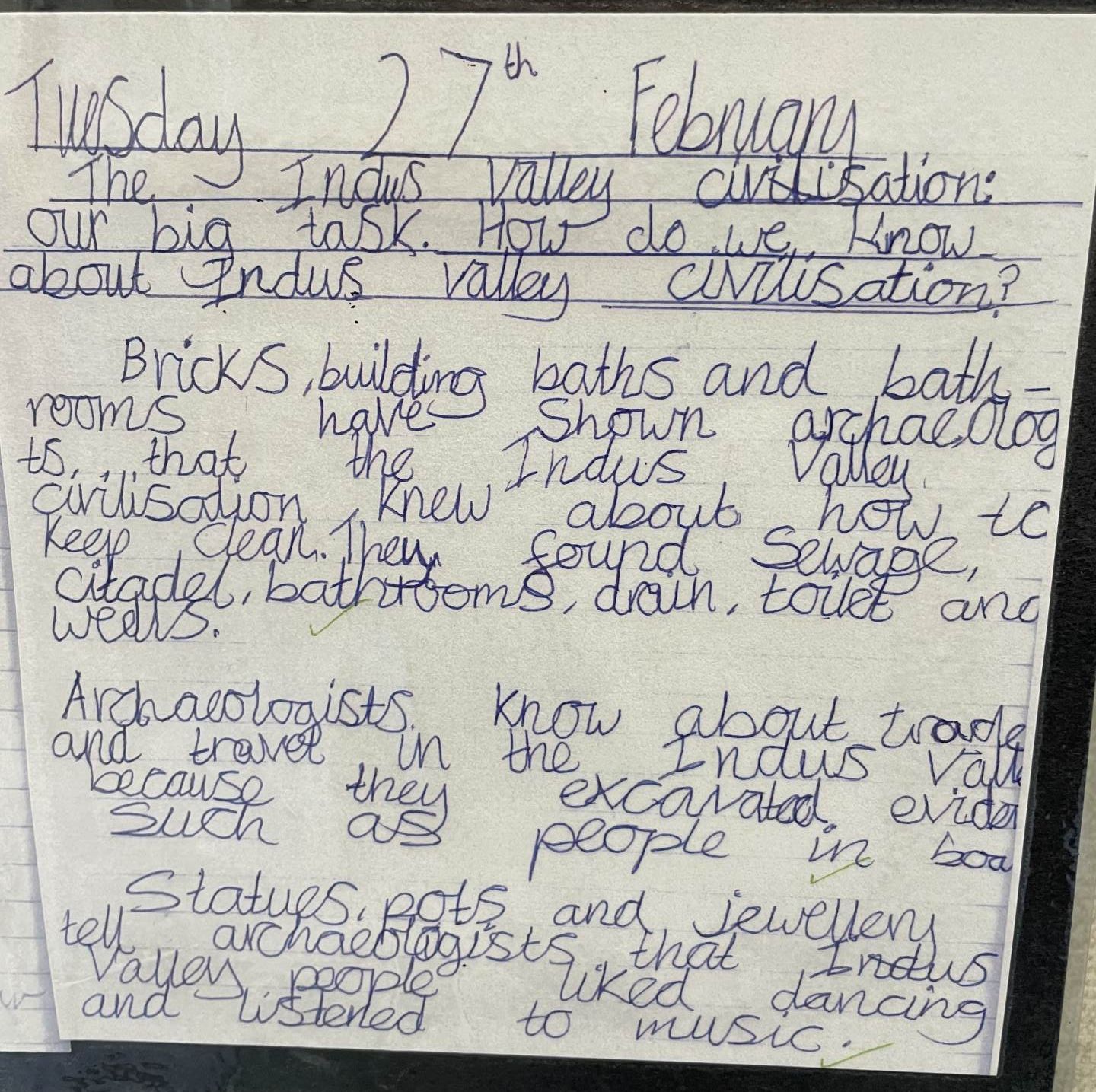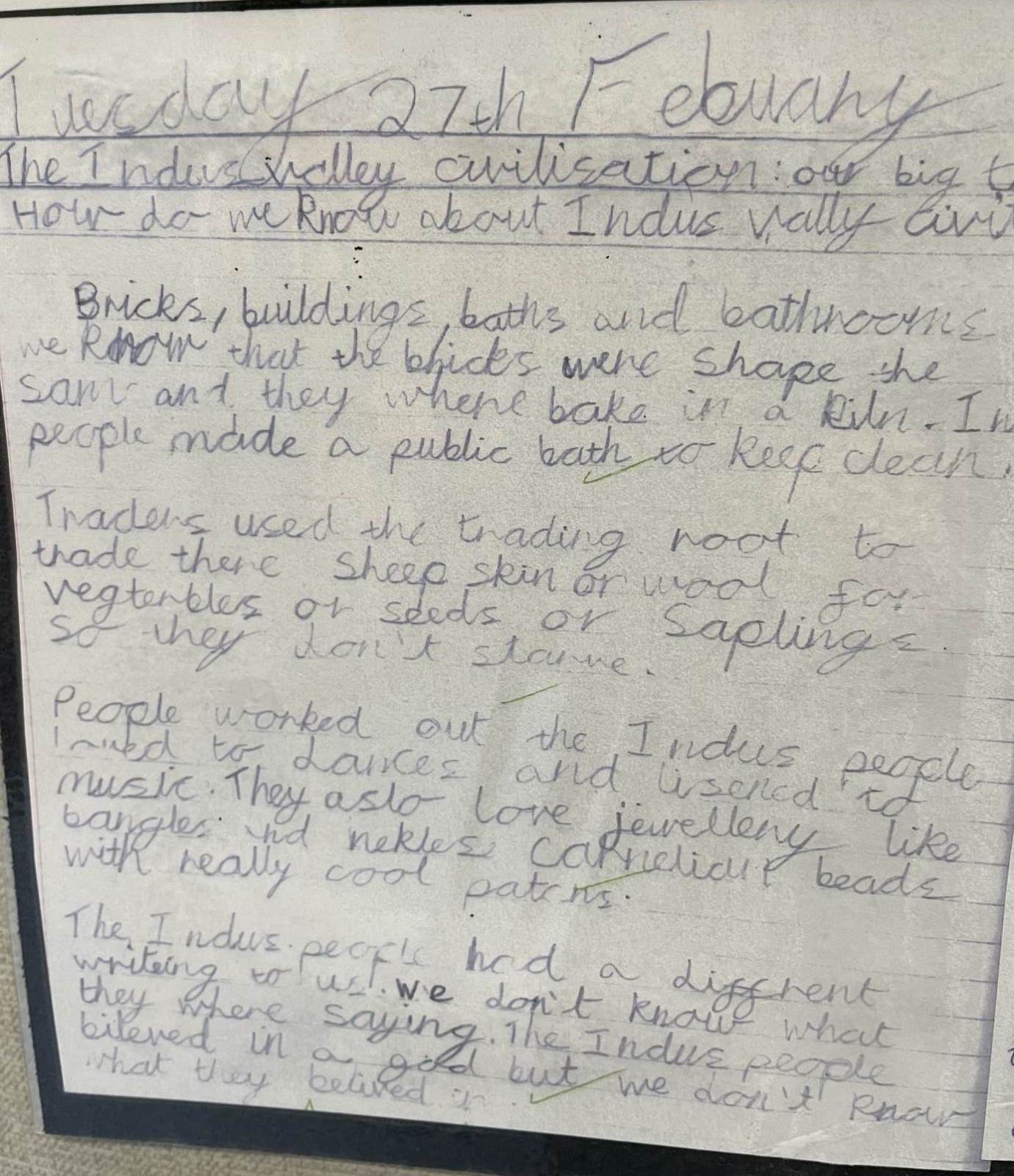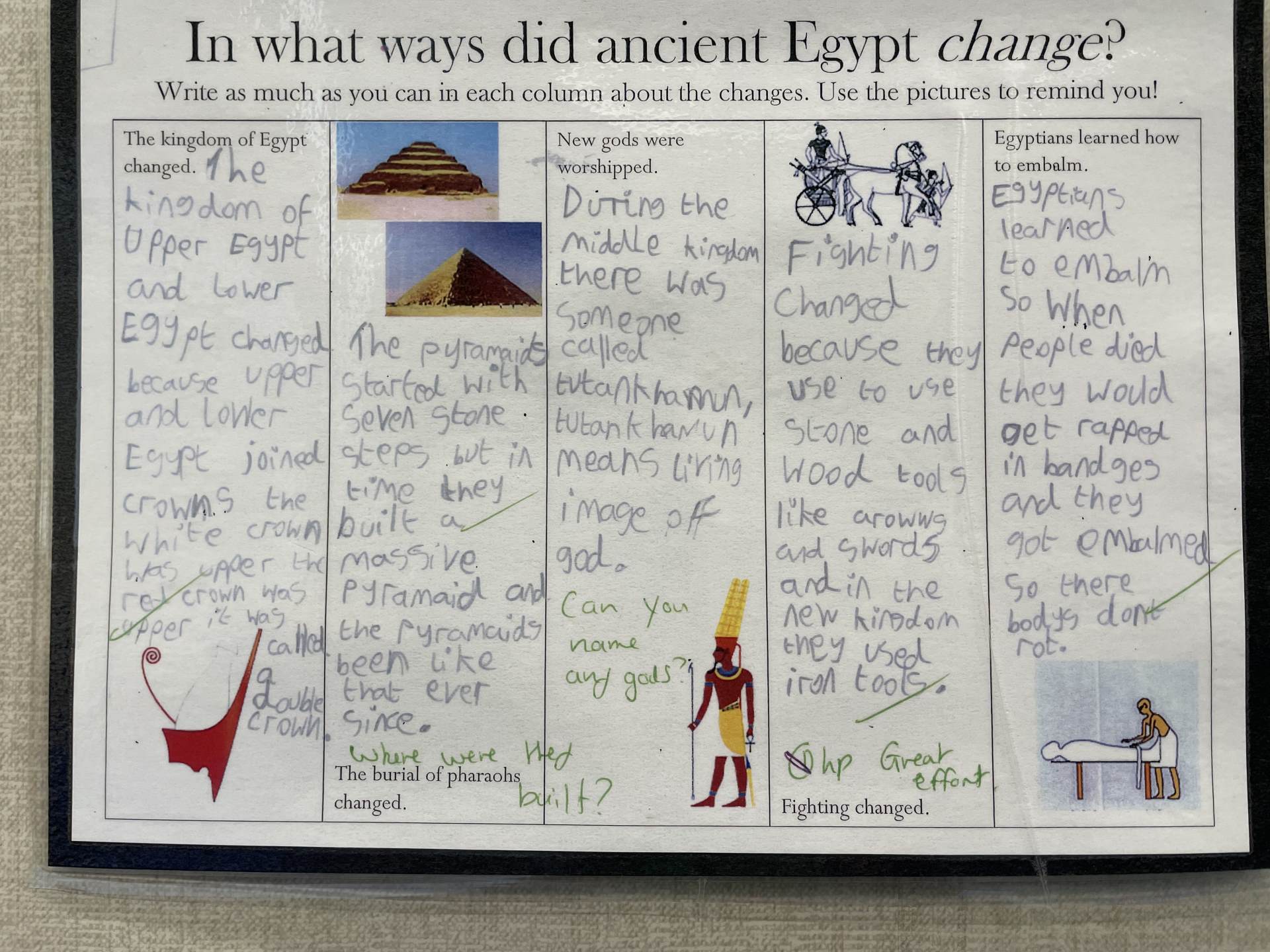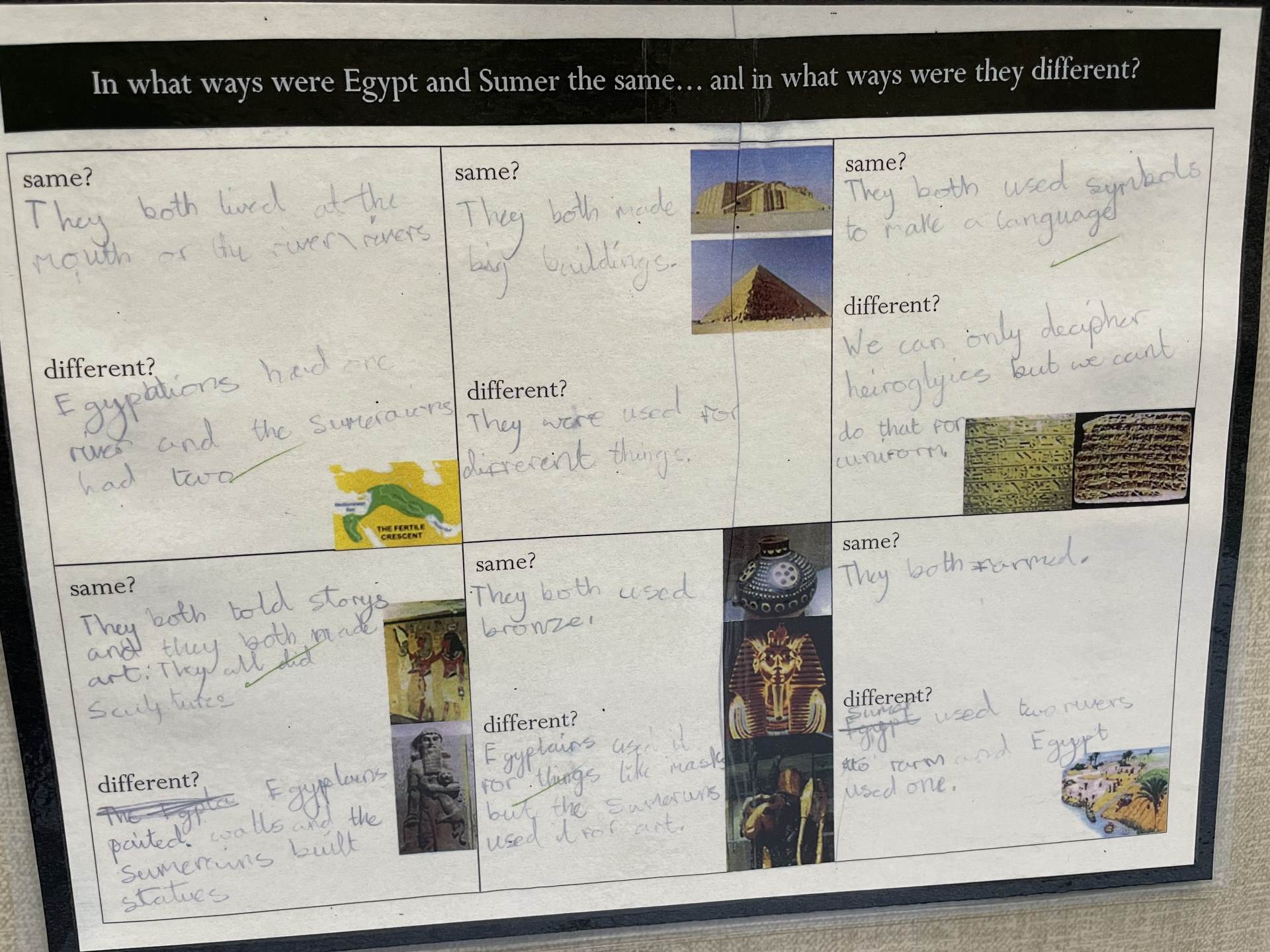At St Breward Primary School we are passionate about providing a wide, well-balanced and creative curriculum. We are proud of of the ambitious curriculum we offer and the opportunities we provide for outdoor learning, creative arts and meaningful trips.

In studying history as a discipline, pupils will:
- use the concepts of continuity and change, cause and consequence, similarity, difference and significance, in order to make connections, draw contrasts, analyse trends, frame historically-valid questions and create their own structured accounts, including written narratives and analyses;
- practise the methods of historical enquiry, understand how evidence is used rigorously to make historical claims, and discern how and why contrasting arguments and interpretations of the past have been constructed.
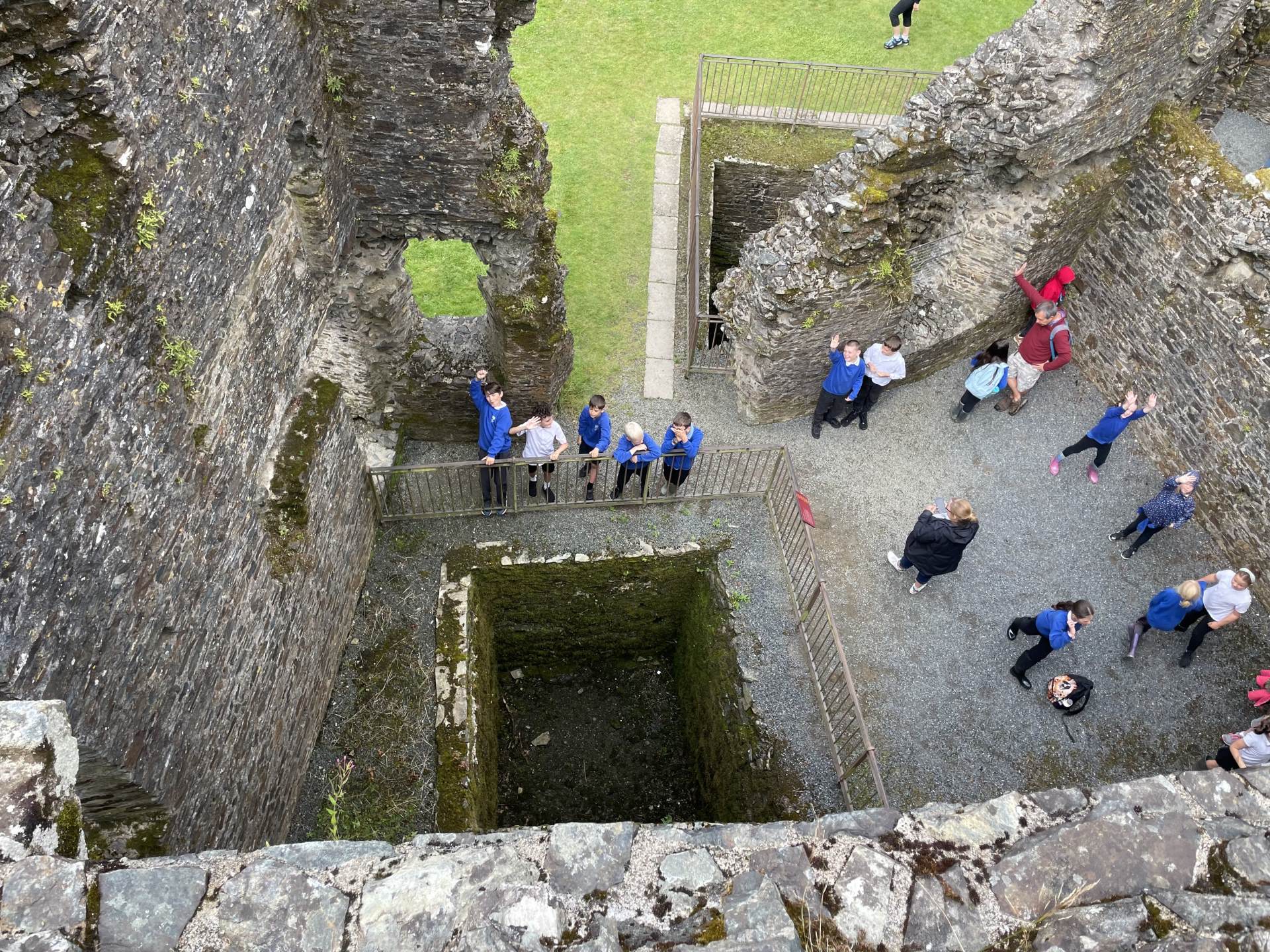
Children begin exploring history in EYFS through continuous provision linked to the class unit of work. They then build on their skills throughout Key Stage 1, exploring a range of relevant and interesting aspects of history from their local area to the wider world.
In Key Stage 2, we chose the Opening Worlds Curriculum for its depth of knowledge, extensive vocabulary and engaging resources. The scheme is created to ensure the curriculum is highly coherent, with intricate links built within and across subjects so that nothing sits in isolation but rather is supported and enriched both horizontally and vertically. It is also very carefully sequenced so that pupils’ ability to understand new content, arrive with curiosity about a difficult new topic, instantly recognise a wide range of technical vocabulary, build a comparison and reach a critical judgement is systematically planned.
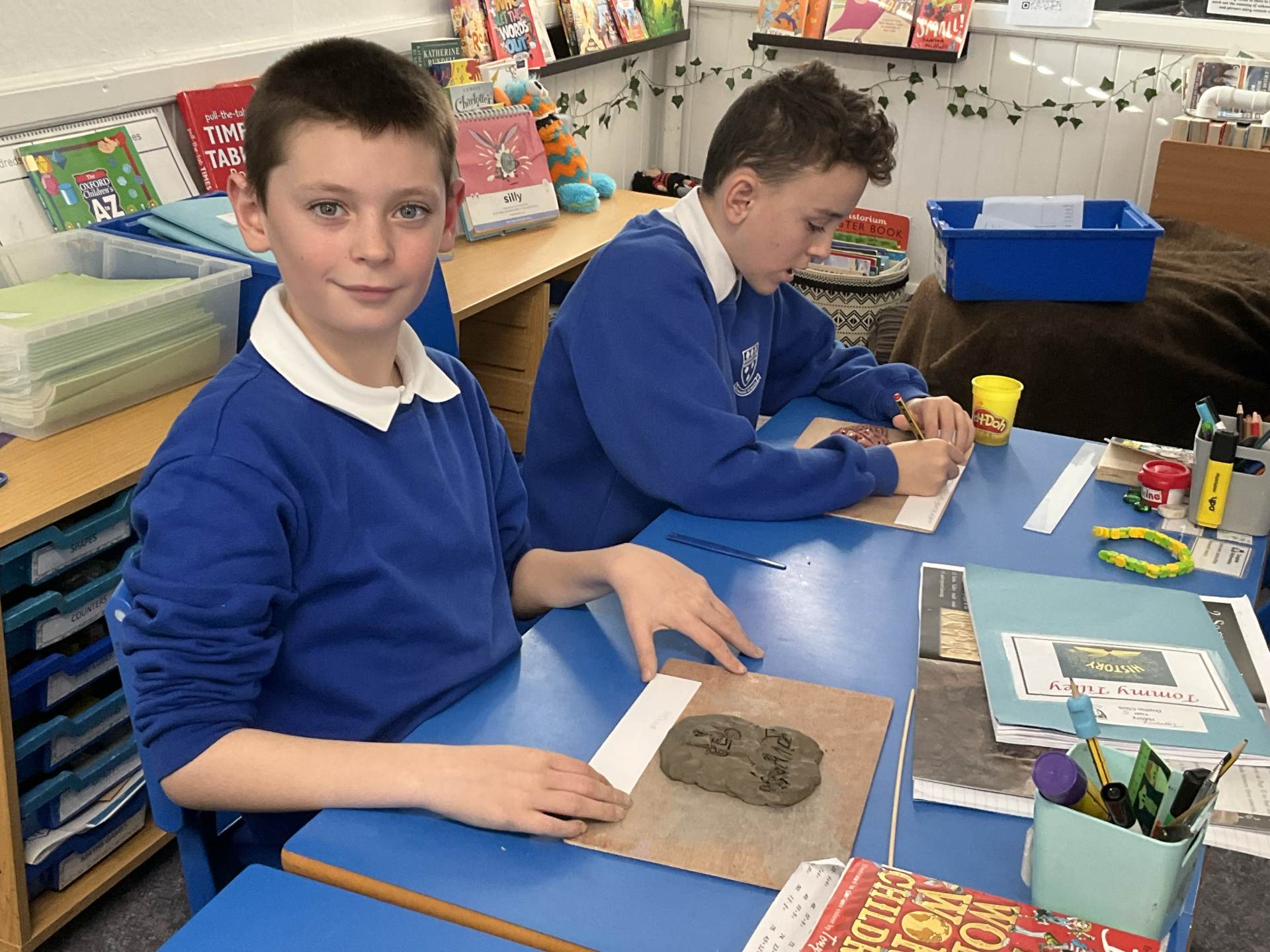
-
St Breward History Curriculum
download_for_offline
download_for_offlineSt Breward History Curriculum
Impact
The high quality of the history teaching ensures children develop the skills and vocabulary they need to have a secure understanding of the primary history curriculum. Children are able to speak confidently about units covered during pupil conferencing and are enthusiastic about the information they have learnt.
Teachers assess continuously and in Key Stage 2 children complete summative assessments at the end of each unit . These provide an opportunity for children to talk and write about all they have learnt.
